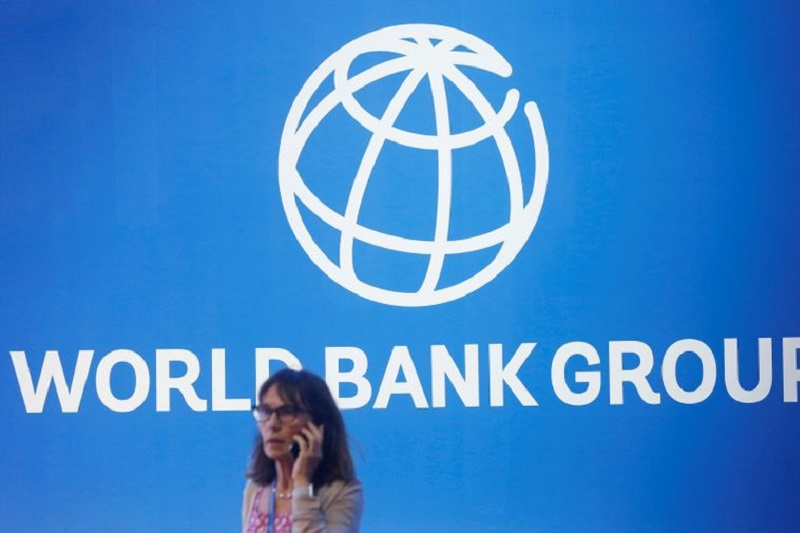Bullish indicating open at $55-$60, IPO prices at $37
ABUJA, Dec 15 (Reuters) - Nigeria's economy is likely to
contract by more than 4% this year, plunging the country into
its deepest recession since the 1980s, as a result of sharp fall
in oil prices caused by COVID-19 pandemic, the World Bank said
on Tuesday.
Nigeria entered into its second recession in four years in
the third quarter, with large financing needs and a weaker
currency after low oil prices hammered government revenues.
The World Bank said that Nigerian government revenues could
fall by more than $15 billion this year and that the crisis will
push an additional five million Nigerians into poverty in 2020.
The West African country has said it will spend 3% of its
GDP to stimulate its economy this year, similar to most
sub-Saharan African countries but far less than the G20
countries.
"Nigeria is at a critical juncture," the World Bank said.
On Tuesday, the World Bank approved a loan package of $1.5
billion to help Nigeria build a resilient recovery post
COVID-19, it said in a statement.
The loan approved for two projects of $750 million each,
will support Nigeria's local regions scale up response to the
pandemic, boost access to social services for poor and
vulnerable households and lift the economy from recession.
Last week, the Bank said Nigeria needed to strengthen
reforms, partly to its currency, before it can approve a $1.5
billion budget support loan.
